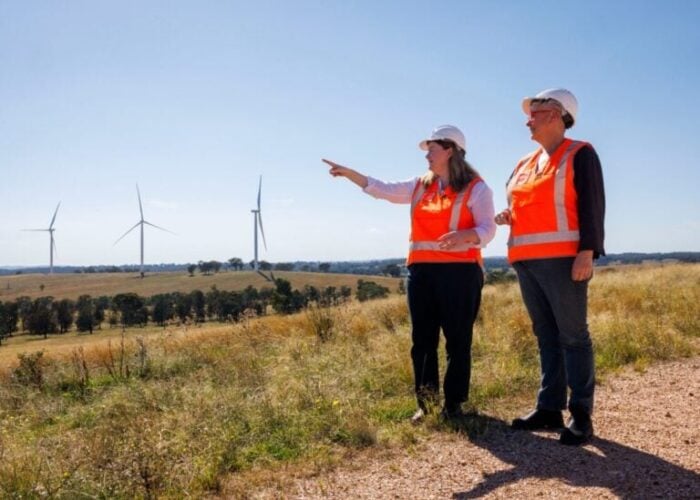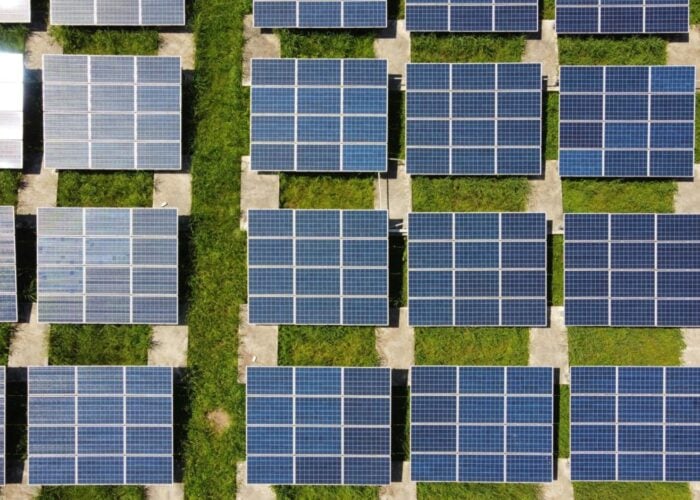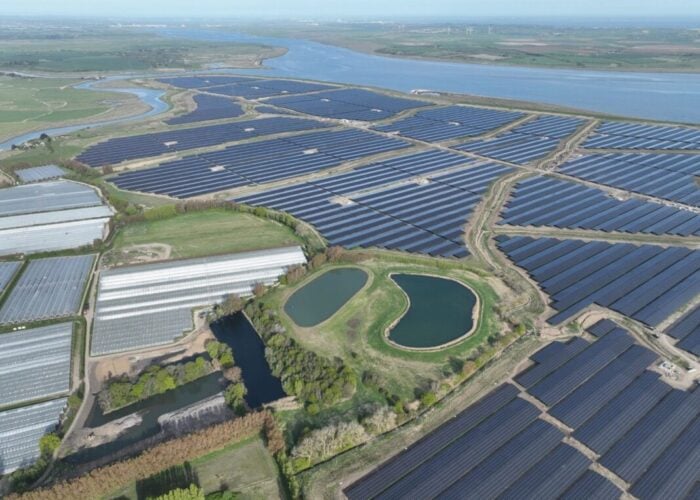Leading US PV installer SolarCity is to acquire American module manufacturer Silevo in a major move that could see it producing its own modules within two years.
SolarCity said it was looking to achieve a “breakthrough in the cost of solar power” by combining what it said was the high energy output and low cost of Silevo’s technology with economies of scale.
Unlock unlimited access for 12 whole months of distinctive global analysis
Photovoltaics International is now included.
- Regular insight and analysis of the industry’s biggest developments
- In-depth interviews with the industry’s leading figures
- Unlimited digital access to the PV Tech Power journal catalogue
- Unlimited digital access to the Photovoltaics International journal catalogue
- Access to more than 1,000 technical papers
- Discounts on Solar Media’s portfolio of events, in-person and virtual
SolarCity said it was already in discussions with the state of New York to build a new manufacturing facility that it expected to surpass a 1GW capacity within two years.
This will be followed with “one or more significantly larger plants at order of magnitude greater annual production capacity”, SolarCity chairman Elon Musk, co-founder and chief technology officer Peter Rive and co-founder and chief executive Lyndon Rive wrote in a blog post today.
They said that although no further acquisitions were planned at this stage, SolarCity may acquire additional PV companies in the future to ensure “clear technology leadership”.
Goal is for unsubsidized solar power to cost less than grid electricity from coal or fracked gas
— Elon Musk (@elonmusk) June 17, 2014
“Given that there is excess supplier capacity today, this may seem counter-intuitive to some who follow the solar industry,” Solarcity’s senior team wrote. “What we are trying to address is not the lay of the land today, where there are indeed too many suppliers, most of whom are producing relatively low photonic efficiency solar cells at uncompelling costs, but how we see the future developing.
“Without decisive action to lay the groundwork today, the massive volume of affordable, high efficiency panels needed for unsubsidised solar power to outcompete fossil fuel grid power simply will not be there when it is needed.”
A sale price of US$350 million was reported by GTM, including US$200 million up front, plus a further US$150 million at a later date depending on production targets being achieved.
Beyond the envisaged scale of SolarCity’s plans for ramping production of Silevo’s modules, the acquisition of Silevo is also significant as the manufacturer would not be subject to any US government duties.
According to GTM analyst Shayle Kann, although manufacturing in China, Silevo is not subject to the current trade petition being considered by US government against Chinese and Taiwanese PV equipment because of its manufacturing process.
This is the second significant deal SolarCity has announced with a non-Chinese or Taiwanese manufacturer since the Department of Commerce revealed preliminary anti-subsidy on equipment from these areas two weeks ago. Shortly after the DOC announcement, SolarCity revealed a 100MW supply deal with European firm REC Solar.
Silevo's technology
Silevo uses hybrid n-type-based ‘tunnelling junction’ cell architecture to achieve high conversion efficiencies of around 21%. The company has said its roadmap is aiming to deliver cell efficiencies of 24% in the next few years.
Silevo has also said that, unlike the industry average for c-Si solar cell efficiency gains that are struggling to surpass 0.5% per annum, its technology had achieved a 1% efficiency improvement each year for the last three years.







